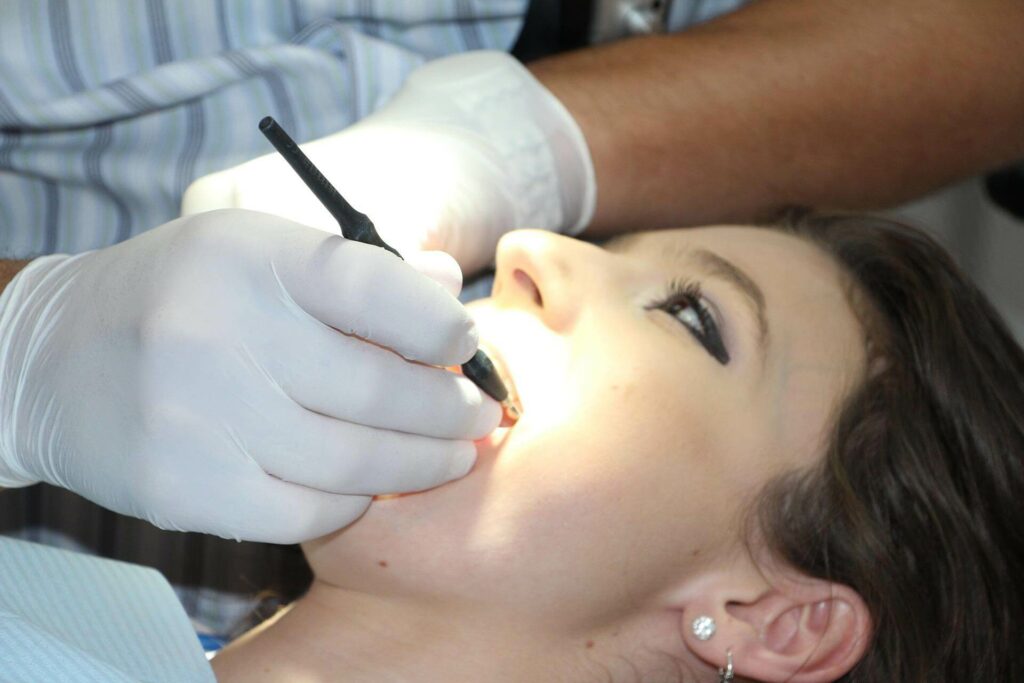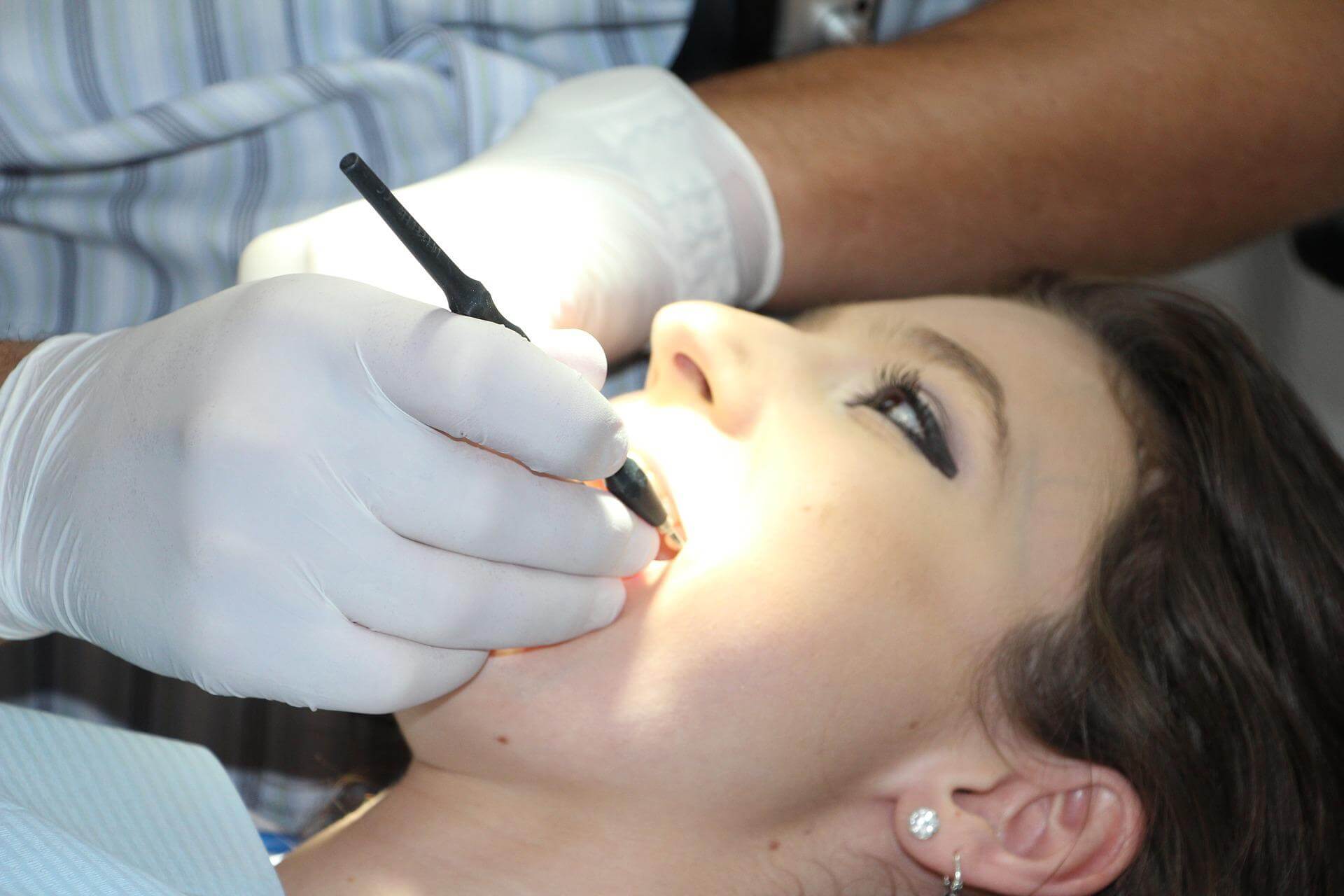
The desire to enhance the colour, shape and appearance of your smile is common at all ages, but it is often restrained by the costliness of dental care.
According to the British Dental Association, 7 in 10 people in the UK are struggling to access free dental care through public systems.
Further research reports indicate that a third of Britons have never been to a dentist because it is too expensive.
The health and appearance of your teeth play a crucial role in your enjoyment of life and your interactions with others and should not be subject to budget constraints. Having a healthful and youthful smile can shape your confidence and affect how you feel about yourself, both personally and professionally. When it comes to dental health, prevention is also key and there are some common habits and day-to-day life situations that are most likely to damage your teeth. In this blog, we explore the most common ones and we explain how we can help you access affordable dentistry quickly without compromising quality.
At GlobMed, we always strive to provide our clients with quick access to quality dental solutions at an affordable price.
Which Habits Are Most Likely to Damage Your Teeth?
It is common knowledge that eating a diet high in refined sugars such as sweets, chocolates, cakes, and sugary drinks can cause plaque build-up and tooth decay. Sugary and acidic fruit and vegetables can also contribute to long-term damage to your teeth. However, what is less well known is how other factors influence your teeth (often negatively), such as continuous grazing, brushing your teeth after eating, wine, stress and nail-biting, leading to the need for various different dental treatments to treat or mitigate the damage in question.
Teeth are made of four different types of tissue called Pulp, Dentin, Enamel and Cementum. The Pulp is the inner bit of teeth and is made up of connective tissue, nerves and red blood vessels which nourish the tooth. The Dentin surrounds the pulp and is a yellow hard material which is covered by Enamel. The role of Enamel is to protect teeth from harmful bacteria and changes in temperature and ph. Cementum holds the teeth in place in the jawbone. It is hard as bone.
Our mouths are kept hydrated by saliva, a substance made of water and enzymes which not only keep the mouth moist but also help you break down food, chew, taste and swallow, fight germs in your teeth and prevent bad breath. It also contains proteins and minerals in it that protect against tooth decay and gum disease. Saliva is released from the salivary glands in our cheeks and the bottom of our mouth and is released when you chew or suck.
Continuous Grazing or Snacking On Food
Too little and too much saliva can cause tooth damage. Saliva is secreted in response to the stimulation of secretory nerves in the salivary glands when you see, smell or desire food or water. Certain foods, such as spicy foods, cause more saliva production than others. Acidic foods also trigger more saliva production than sweeter foods.
Whilst saliva plays a very important role in protecting teeth from decay, it should only be present in the mouth when we eat or drink. Continuous grazing and snacking all day can cause the saliva to combine with bacteria naturally present in the mouth, and sugars present in the food we eat increase the risk of tooth decay. Continuously chewing on chewing gum can also have similar effects.
It is important that to prevent this over saliva production, meals are taken at regular intervals with at least three-hour gaps in between, to maintain blood sugar levels and yet prevent tooth decay. The best routine would be breakfast as soon as you wake up at around 8, a snack at 11, lunch at 1, a snack at 4 and dinner at 7, with gaps in between to allow breaks in saliva stimulation.
Increased Stress
Whilst too much saliva is bad, too little saliva can cause a dry mouth which can cause inflammation (swelling) in the gums, mouth, and tongue. Too little saliva can be caused by stress. In response to a perceived threat, our brains trigger the “flight-and-fight” stress response, whereby our brains prioritise defence from threat (the stressor) over all other bodily functions. This includes slowing gastric motility and digestion, reducing the immune system (which defends against disease) and reproductive (reducing libido and sex hormones Oestrogen and Testosterone production) system function, slowing liver and kidney function and neurotransmitter (brain chemical) release. Stress reduces saliva production, which is why you get a try mouth when you are nervous, increasing dental decay.
Instead in stress our brains give us Adrenaline hormone to give our muscles energy to run (the flight part of the flight or fight response) away and increase our appetite for simple refined carbohydrate sugars which give us lots of quick and short-lasting energy. Stress therefore also increases our desire for tooth decaying sugary substances.
Nail Biting and Tooth Grinding
Nail biting, or finger chewing in response to anxiety or stress or just as a behavioural habit, is something over a third of people do. It can cause tooth decay as, depending on how often you nail bites, it can cause continuous stimulation of the saliva gland and damage to tooth Enamel. If you have lots of vitamin E in your diet, and iron and calcium, hard nails can also chip and damage tooth Dentin and Enamel.
Nail-biting can also cause you to grind your teeth. Tooth grinding (also called Bruxism) is another habit, often done at night, which can cause the wearing down of tooth enamel and tooth decay. It is most common in heavy alcohol or caffeine users or those suffering from anxiety and depression as a form of tension relief. Tooth grinders will often be advised by their dentist to stop nail biting and prescribed a mouthguard for use at night, to prevent dental damage.
Eating Acidic Foods
Some foods, such as spicy food, fruit and vegetables, carbonated drinks, and a diet high in salt, are very acidic (they have a PH less than neutral 7) which can cause the erosion of tooth Enamel. Citrus juices such as lemon juice, orange juice and grapefruit juice as well as sodas and sports drinks (especially if carbonated as the fizz increases the acidity) are the most acid eroding.
Brushing your teeth after consuming highly acidic foods or beverages, worsens the negative effects on teeth. This is because the acidity weakens the Enamel and then the toothbrush wears down on this. Therefore, a dentist will advise not to eat or drink for at least an hour after consuming food or drink, or two to three hours for acidic meals.
How Can GlobMed Help?
At GlobMed, we believe that budgetary constraints should not prevent anyone from achieving their ideal smile or living a life without Maxillofacial deformities, discomfort and pain. Given the essential nature of dental health and the desire of individuals to take action, many people are increasingly looking abroad in order to find solutions to dental issues. When poorly planned, however, this can lead to severe issues that cause unneeded pain and cost substantial amounts of money to remedy. By only working with diligently researched clinics and hospitals, at GlobMed we are continually growing our network of world-class dentists and maxillofacial surgeons in three different countries and doing our best to ensure your dental journey will be effortless and outstanding.
Never been to a dentist?Access affordable dentistry under our care.
Find out more

 71–75 Shelton Street, Covent Garden, London, WC2H 9JQ
71–75 Shelton Street, Covent Garden, London, WC2H 9JQ +44 (0) 20 3376 1032
+44 (0) 20 3376 1032



